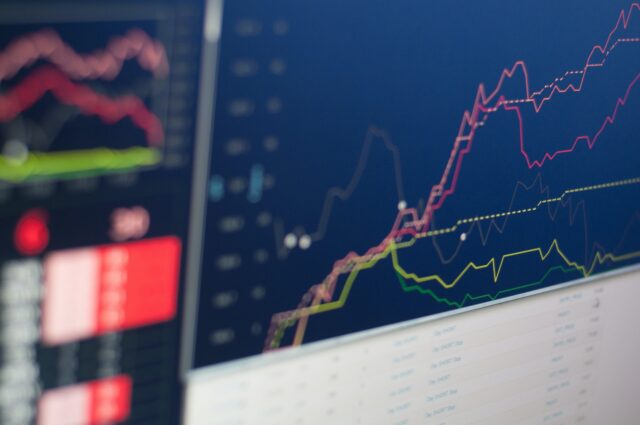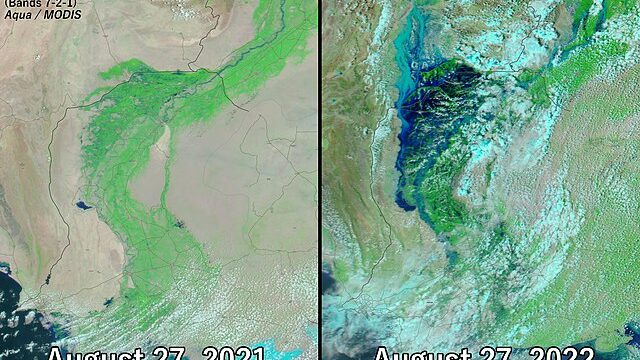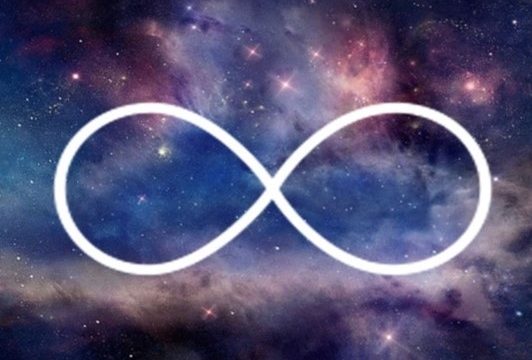iPaulina

The history and future of GDP
Growth, growth, growth. Clean growth, green growth, consistently uncrippled growth? This is every politician’s undying promise. GDP growth has become so embedded into the structure of our economy, but how did we become so enfettered by it?It may be surprising that Gross Domestic Product, or GDP, was developed as early as 1934 by American economist Simon Kuznets.
The Great Depression of the 1930s had caused mass unemployment, deflation of up to -10% and a shrinking economy. “Shrinking by how much?” Congress asked. A statistician at the National Bureau of Economic Research (NBER), Kuznets was tasked by Congress to create the first quantitative measure of economic health, allowing a tailored response to the economic turbulence. He presented this a report, National Income, deriving GDP that is used globally today.
Essentially: Gross Domestic Product (GDP) ($) = the total market value of all finished (consumer) goods and services produced in an economy in a specific period (commonly per annum) GDP is undoubtedly a significant and useful measure. Given its quantitative nature, GDP is relatively easy to calculate while its calculation encompasses three separate calculations: output, income, and expenditure. Though each calculation should theoretically be equal, a balancing process is often conducted to find an ‘average’ GDP. Therefore, GDP maintains a reasonable level of accuracy. Furthermore, it has been a global measure since 1993 (when China abandoned its own national accounting system). In this way, GDP has allowed us to compare economies to easily. Finally, GDP
growth does correlate with societal and economic health…to an extent. For example, in developing countries, increases in GDP growth are associated with increases in income, improvement in health care and education, a fall in poverty, and decreasing child mortality rates.
Despite this, our reliance on GDP growth has two main failures: for humanity and for the
environment. “[GDP] measures everything…except that which makes life worthwhile,” Robert Kennedy remarked at the University of Kansas, 1968. Furthermore, its creator, Simon Kuznets warned as early as 1934 that, “the welfare of a nation can scarcely be inferred from a measure of national income”. A GDP growth mindset is a failure for humanity, disregarding factors such as happiness, environmental damage and even exacerbating inequality. For example, though economic growth has been shown to correlate with happiness, this stagnates when GDP per capita reaches around $30,000. In addition, GDP fails to account for the value of actions that are not bought and sold in a transaction, such as unpaid domestic tasks and the benefits of free education. Accompanied with the multitude of methods of its calculation, GDP growth is therefore an unreliable measure of economic activity because it excludes vast swathes of the economy. Unpaid domestic tasks in 2016 alone could have accounted for an addition £1.4 trillion for the UK economy.
The environmental degradation that GDP growth has influenced, especially due to the contribution of developed countries, was highlighted by English economist Kate Raworth in her novel, Doughnut Economics. Since the definition of GDP is directly linked with production, it is transparent that constantly increasing production engenders further emissions, accelerating the climate disaster.
So, what about the future of GDP? Firstly, GDP does have a future. Despite its flaws, GDP is a useful measure, but it cannot be used alone. Data has shown that GDP growth does correlate with many indicators of economic and social health for developing nations, making it not only a healthy but also a relevant goal for many economies. Developed economies, however, must concede a change in mindset. Many ecological economists have supported the idea of degrowth, where economies should shift to firstly focussing on the needs of society and the environment. This allows resources to be redistributed to developing nations.
In addition, Kate Raworth’s Doughnut model accentuates the importance of humanity to lie between “the social foundation of human well-being and ecological ceiling of planetary pressure”. If GDP has a future, then so shall we. So shall our children, our environment and humanity. Growth has played the star player for a long time; it’s time for it to take a bench seat.
Grace (VII)







